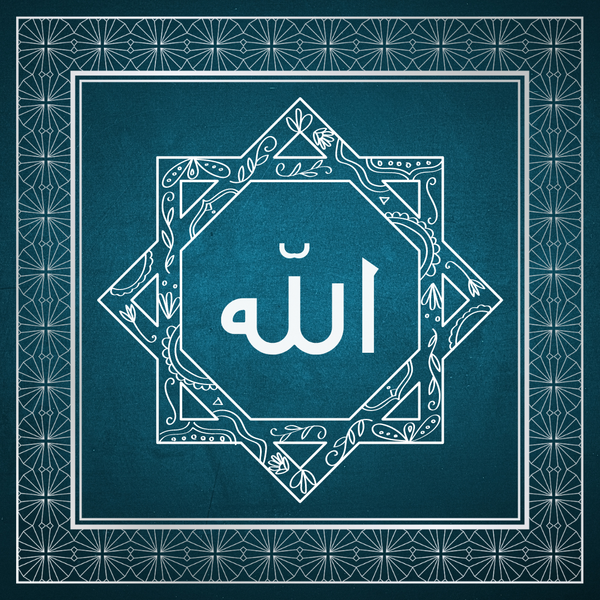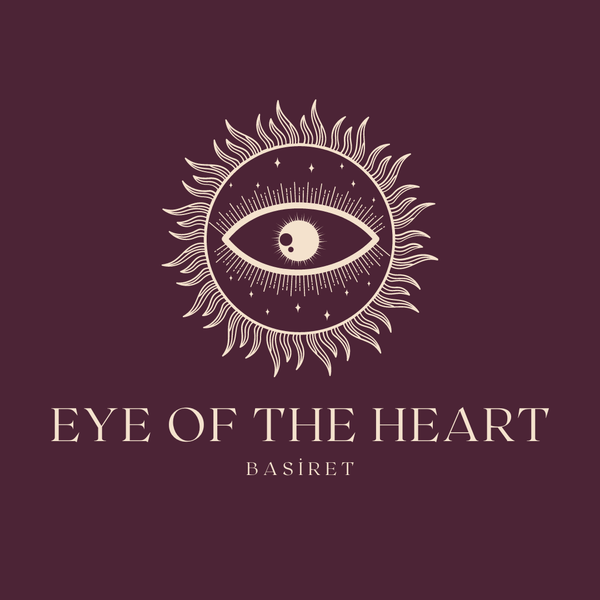"Misfortune"

The Quran uses words from the "tayr" root to express bad luck. The word "tayere", which is from the same root, means bad luck or misfortune.
According to Râgıb, anything that floats in the air are expressed as tayr or tâir. It is for this reason that airplane is also called tayyare or taire.
Tayr generally means bird and the Quran uses it in many places in this meaning. Tayere, which is from this tayr root, means to anticipate the coming of good or bad by looking at things that fly, especially birds. In Arabic, this is called tatayyur. Tayere is a kind of fortune telling. The Arabs frequently used it. Based on the kind and flight direction of bird which appeared in front of them, they used to anticipate the future.
Later, tayere was only used to anticipate the coming of misfortunes or bad luck. In Turkish, the anticipation of bad luck based on the sound of an owl or raven is also similar with this idolatry tradition. The Quran uses tayere only for anticipation of evil and talks about this fortune telling not only by birds but also by people.
The Quran, which strictly opposes attributing bad luck or misfortunes that one encounters on other things or other people, commands human beings to turn to themselves and know that what they encounter are the products of their own hands. Almost all of the verses talking about tayere mention the previous societies or species who considered their prophets as sources of misfortune for them.
They said: "We have encountered misfortune because of you."
Yasin Chapter, 18. Verse
They said: "Misfortune came to us because of you and those who are with you." He said: "Your bird of bad luck is in the presence of Allah. More precisely, you are a society who are being tested."
Neml Chapter, 47. Verse
When a good thing comes to them, they used to say "this is ours!". When a misfortune touched them, on the other hand, they used to attribute it to Moses and those with him. Open your eyes! Their bird of misfortune is in the presence of Allah, but many do not know.
A'raf Chapter, 131. Verse
The Quran put forward the universal principle regarding tayere as follows:
We have attached each human being's bird of misfortune to his or her neck. On the day of judgement, We will bring out a book that is open in front of him or her: "Read your book! Today, as a judge, your own ego is enough."
İsra Chapter, 13. Verse
Tayere is referred to as polytheism by the Prophet. (See Tirmizî, siyer, tayere chapter; Ebu Davud, tıbb, tayere chapter; Zehebî; Kebâir, 156) Since, within this context, polytheism is not a clear and quantifiable partnership with Allah, we handled tayere as Sins Similar to Polytheism in our work titled "Great Sins" (Tr. "Büyük Günahlar").
In one saying, the Prophet expressed that he did not believe in tayere: "I like to think positively". Upon the question, "What does it mean, how do you think positively?", he replied: "I think positively and beautifully by nice words." (Buharî, tıbb, edviye chapter; Müslim, selam, tayere chapter)
The Prophet used to make nice comments for beautiful names. He used to call to beauty and good deeds when he heard beautiful words. For this reason, he did not like names which expressed ugliness, sorrow, violence, depression and changed those names*. So, with respect to Quran morality, goodwill, seeing and thinking positively, is principle.
*For example, God's Messenger changed all names of "Harp" (Tr. Savaş), which means "War" to "Sulh" (Tr. Barış), which means "Peace".





